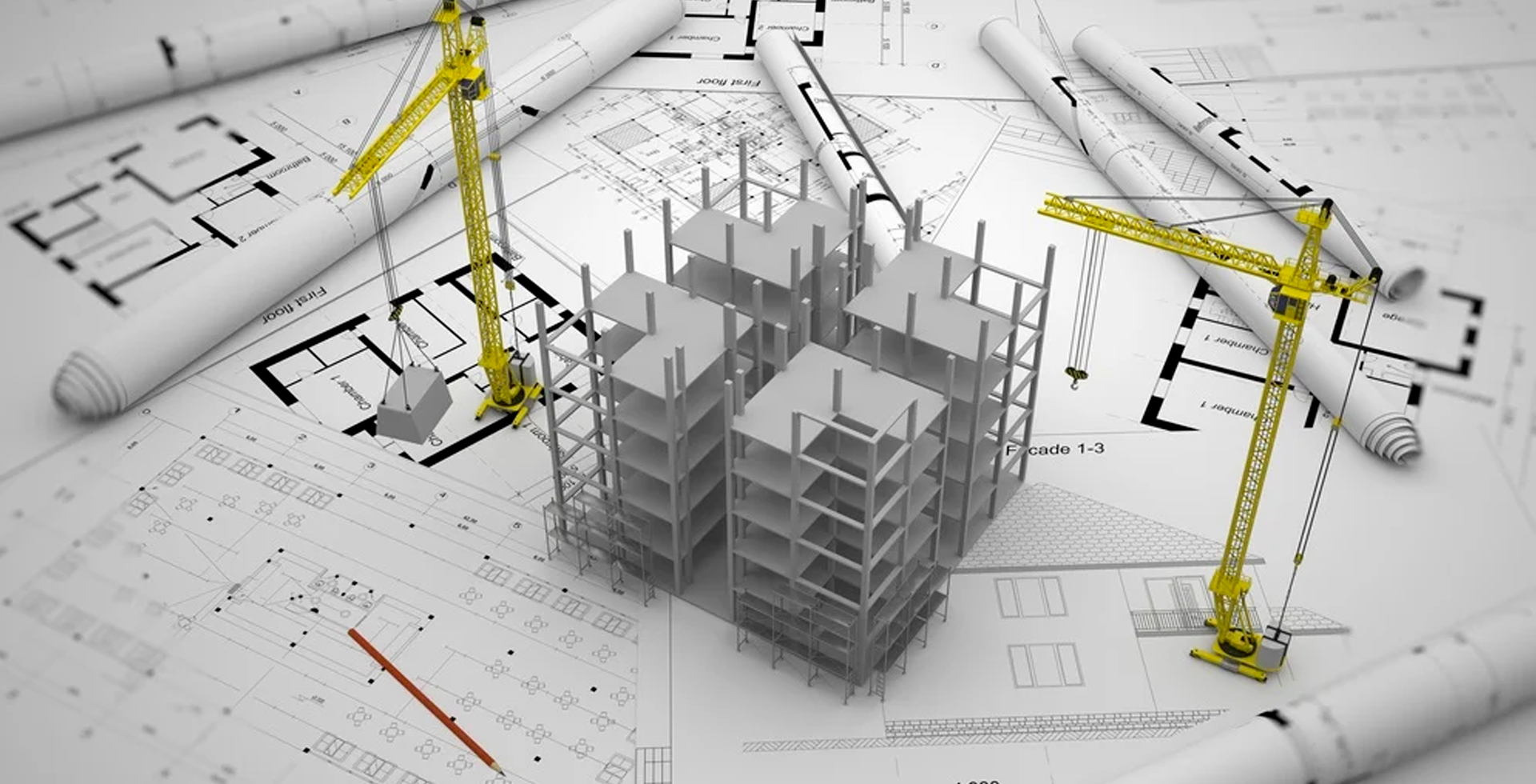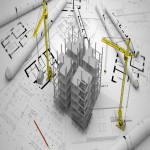Haiti, a nation with a vibrant history and rich culture, has faced numerous challenges throughout its existence. From natural disasters to political instability, Haiti has endured its fair share of hardships. In recent times, the country's urban areas, including its capital city Port-au-Prince, have been in dire need of reconstruction. This article explores why Haitians need to rebuild their nation and the urgency of revitalizing their cities to foster progress, resilience, and a brighter future for all.
Enhancing Infrastructure:
One crucial reason for rebuilding Haiti's cities is to address the inadequacy of its infrastructure. The devastating earthquake in 2010 highlighted the vulnerability of existing structures and the urgent need for more robust buildings, roads, and utilities. By investing in improved infrastructure, Haiti can strengthen its resilience against future disasters, facilitate economic growth, and enhance the overall quality of life for its citizens.
Economic Development:
Rebuilding cities presents an opportunity to stimulate economic growth and development. As the urban areas act as economic hubs, their restoration will attract domestic and foreign investment, create employment opportunities, and spur entrepreneurship. Revitalized cities with modern amenities, efficient transportation networks, and reliable utilities will not only attract businesses but also improve the living standards of the population.
Sustainable Urban Planning:
Rebuilding Haiti's cities provides a chance to implement sustainable urban planning principles. Incorporating green spaces, promoting renewable energy sources, and adopting eco-friendly building practices can help mitigate environmental impact, reduce carbon emissions, and ensure long-term sustainability. By creating green and resilient urban areas, Haiti can foster a harmonious relationship between its citizens and the environment, setting an example for other nations.
Improved Public Services:
The current state of Haiti's cities often suffers from inadequate public services, such as healthcare, education, and sanitation. Rebuilding efforts can focus on providing accessible, reliable, and quality services to all residents. Upgrading healthcare facilities, constructing modern schools, and improving sanitation infrastructure are vital for the well-being and prosperity of the population. Strong public services will contribute to a more equitable society, empowering Haitians to reach their full potential.
Preserving Cultural Heritage:
Haiti's vibrant cultural heritage is a source of pride and identity for its people. Rebuilding cities should include efforts to preserve and showcase this rich heritage. Incorporating cultural spaces, museums, and historical sites within urban planning will not only attract tourism but also remind Haitians of their collective history and foster a sense of unity and pride. A renewed focus on cultural preservation can also create employment opportunities within the tourism industry.
Rebuilding Haiti's cities is an urgent need that holds immense potential for a brighter future. By investing in infrastructure, stimulating economic development, embracing sustainable urban planning, improving public services, and preserving cultural heritage, Haiti can emerge as a resilient and thriving nation. This endeavor requires collaboration, both domestically and internationally, along with a shared vision of progress. Let us unite in support of our journey to rebuild the nation, paving the way for a resilient and prosperous Haiti for generations to come.
 Español
Español Français
Français Kreyol
Kreyol
